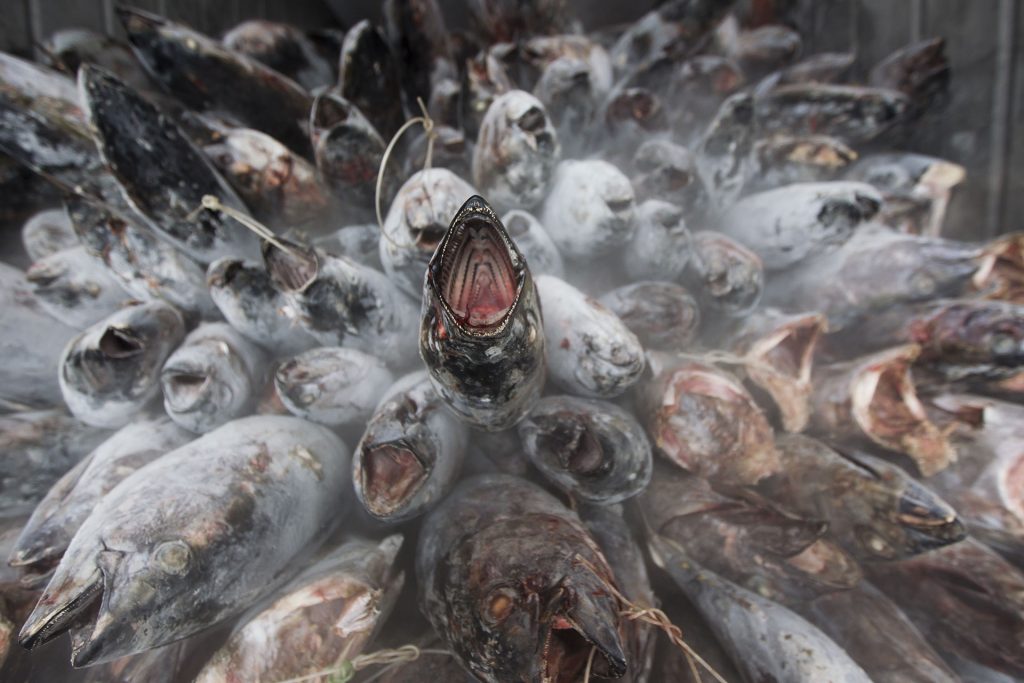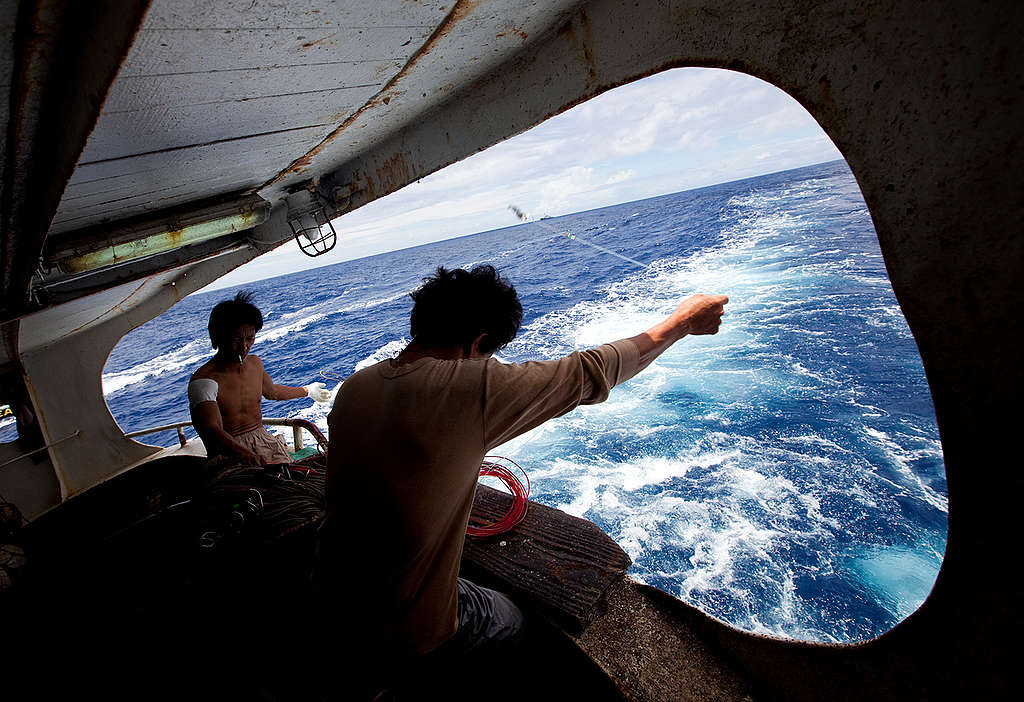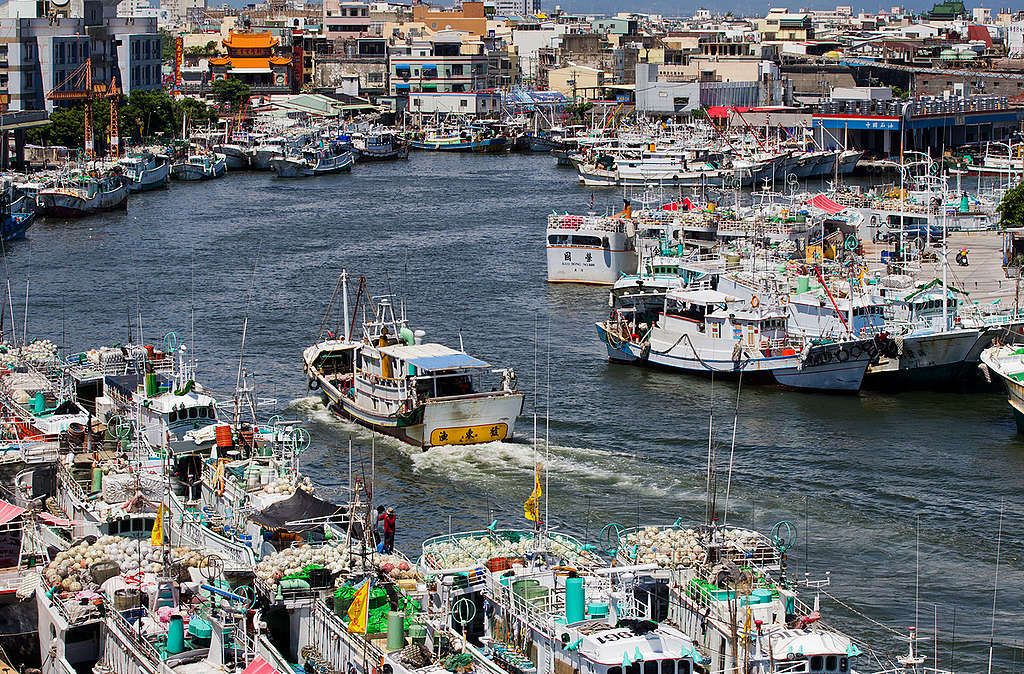Elizabeth Monaghan
In the near future, World Fisheries Day will call for celebration, but for now the TRUE cost of seafood is not something we can afford.

November 21st marks World Fisheries Day, and whilst there’s plenty to celebrate about small and sustainable fisheries ALL around the world, there is a huge shadow cast by a few greedy, corporate entities which we cannot afford to ignore.
The cases of human rights abuse, including forced labour, in distant water fisheries (DWF) have been no secret for years now with multiple reports hitting mainstream media
, and more recently migrant fishers themselves have begun bravely shining a light on the injustices they witness. This year, a number of video clips recorded by Indonesian fishers onboard vessels revealed the harrowing extent of the atrocities committed in the name of affordable seafood. These cases raise concerns about the systemic exploitation of migrant workers upon which distant water fisheries are built.

Yet tainted fish continues to make its way to supermarket shelves and fish counters all over the world. So what’s going wrong?
Profits over people, is the short answer. Due to declining fish populations, DWF vessels are forced to venture further and further out on the high seas to catch fish, driving up their operational costs. They then resort to forced labour, withholding of wages, and/or lack of investment in health, safety and living conditions in order to make a profit.This despicable approach is then affirmed by a conspicuous lack of due diligence from buyers of seafood, who benefit from the low market value of DWF seafood to sell the products at “affordable prices”. Quite simply, we cannot afford fish that costs lives.
Last year Greenpeace East Asia revealed links between Taiwanese seafood trading company FCF, and allegations of appalling cases of forced labour involving vulnerable migrant workers from Southeast Asia, as well as illegal fishing practices. Whilst many DWF fleets might rely on the comfort of “what happens at sea, stays at sea”, governments are noticing. In September the US Department of Labor included Taiwan, the second largest distant water fleet in the world, in their “list of goods caught produced by child or forced labour” due to allegations of forced labour within the Taiwanese distant water fleet. The finding from the DoL is a step in the right direction for accountability in the seafood supply chain, but much remains to be done to clean up the world’s fisheries and protect the vulnerable migrant workers who work, often without proper compensation, and keep the seafood industry running.

Governments everywhere must act to end and prevent human rights abuses at sea. Basic human rights apply to all of us, whether on land or at sea, and this needs to be reflected by the policies and provisions that protect migrant fishers working in distant waters.
In the meantime, we can hasten this industry shift by demonstrating that business as usual will not profit. We can try to reduce how much seafood we eat and choose local sustainable seafood where possible. Small scale fisheries and traditional and subsistence fisherfolk all around the world are proving that there is a better way to catch and distribute seafood. It’s past time we look to them and demand a better normal for the world’s fisheries.
Elizabeth Monaghan is a digital campaigner with Greenpeace Southeast Asia

No comments:
Post a Comment
Note: Only a member of this blog may post a comment.